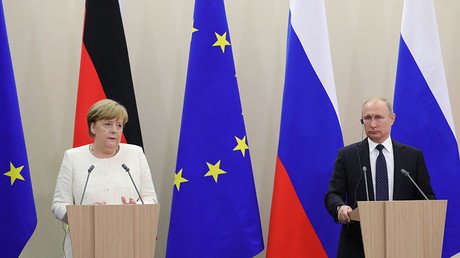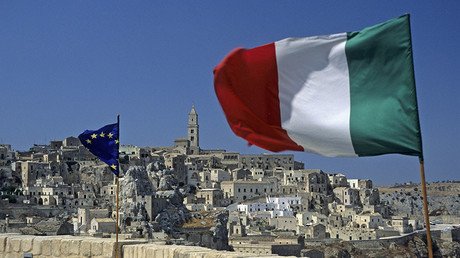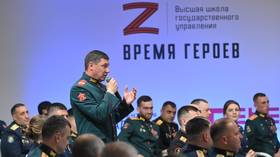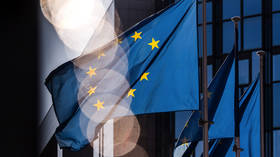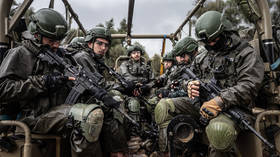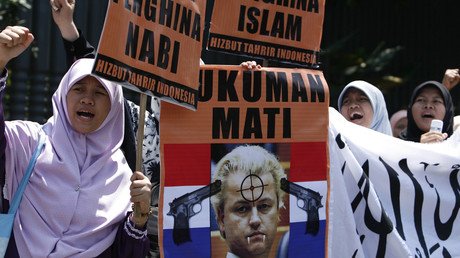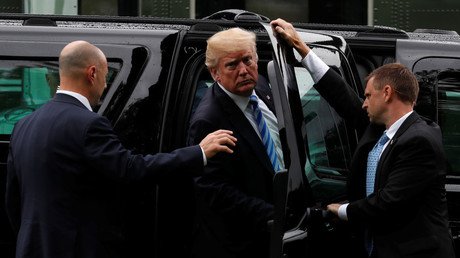'Ice age' must end: Anti-Russia sanctions harm EU companies, says chair of German Left Party
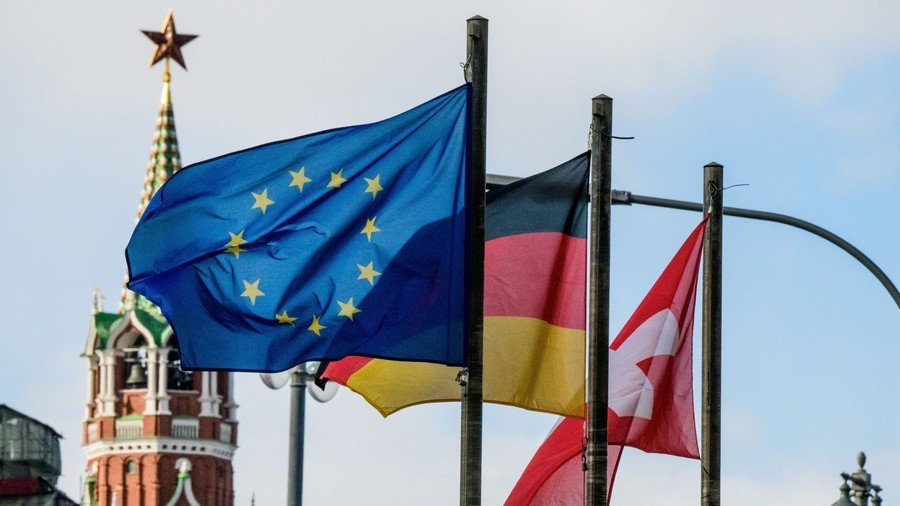
The “ice age” against Moscow must be ended, the chairperson of Germany's Die Linke (Left Party) has stated, adding that sanctions against Russia hurt European companies.
Speaking to Germany's Osnabrucker Zeitung newspaper on Saturday, Sahra Wagenknecht said the ice age in relation to Russia has to be ended. “It is in Europe's interest to come together and talk about how we can achieve security and disarmament," she said, noting that European sanctions against Moscow “primarily harm European and German companies.”
Wagenknecht’s comments came just days after the EU Council decided to impose sanctions on five additional Russian individuals for helping to organize the Crimea referendum in March 2014. In total, more than 100 Russians have been placed on EU sanctions lists since the first round of measures was approved by European officials four years ago.
The Die Linke chairperson has long spoken in favor of working together with Moscow, stating last month that the West should resume meaningful dialogue with Russia, adding that the country should be invited to return to the G7.
Wagenknecht isn't alone in her opinion. German President Frank-Walter Steinmeier spoke out against the demonization of Russia in April. “We cannot declare Russia as a whole, the country and its people, to be an enemy,” he said. “Our history speaks against it, and there is too much at stake.”
That opinion is backed by the vast majority of Germans, according to a recent poll conducted by the Forsa Institute on behalf of the Wiese Consult group. More than 90 percent of Germans surveyed said they want better relations with Russia.
Those opinions span far beyond Germany, however, with Italian Lega Nord regional leader Paolo Grimoldi telling RT on Saturday that he does not understand why European economies have to “suffer” because “some people in Crimea held a referendum and decided to join Russia.”
“I do not understand why it is ok for some countries to have a democratic vote and decide, what they are, but the people in Crimea or Russia cannot do the same,” he told RT, recalling that the unilateral declaration of independence by Kosovo was not followed by any sanctions whatsoever.
The sanctions against Russian individuals have been repeatedly extended and include broader measures which stop Russian companies from participating in certain sectors of the European economy or receiving financing.
Like this story? Share it with a friend!
